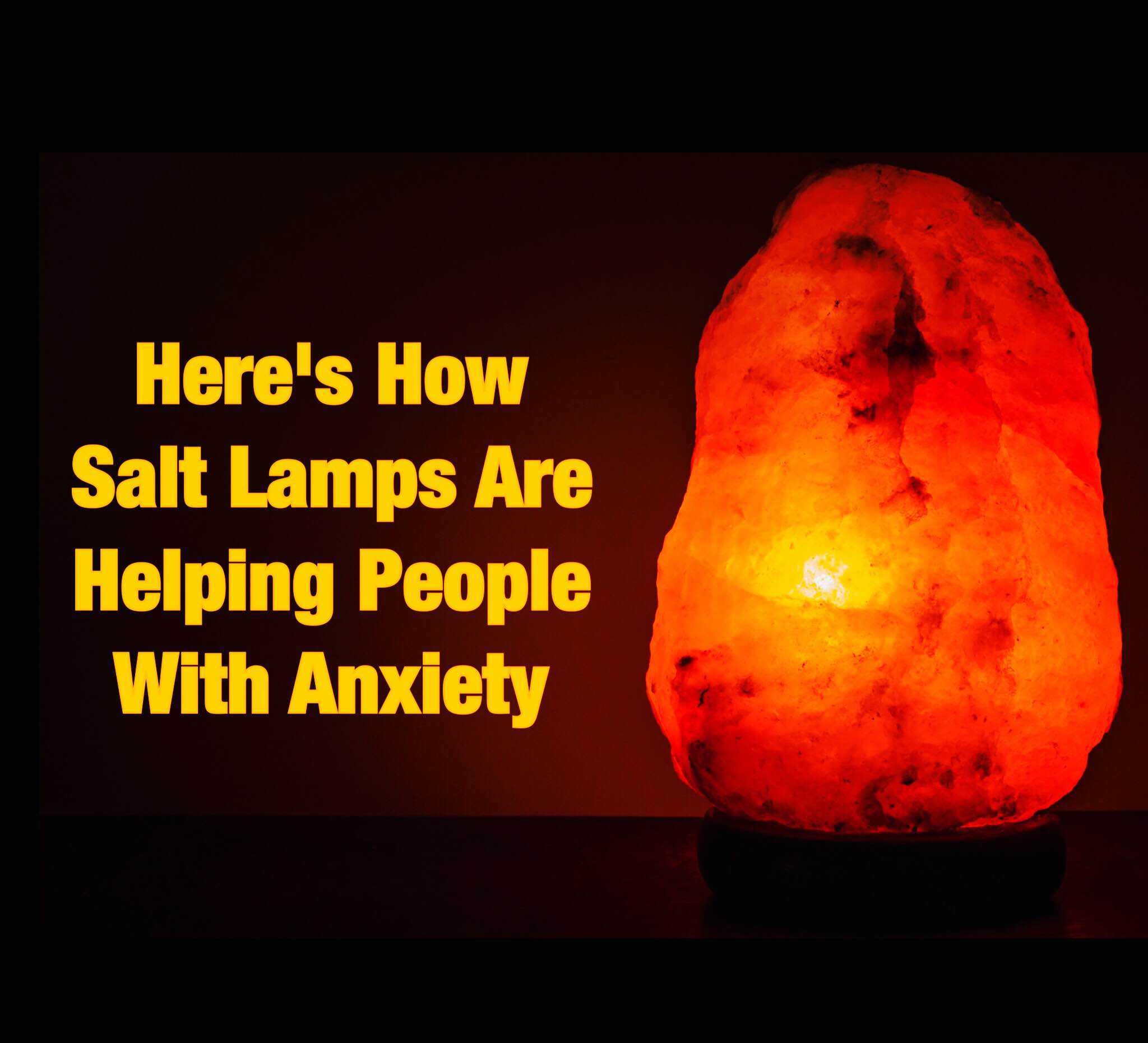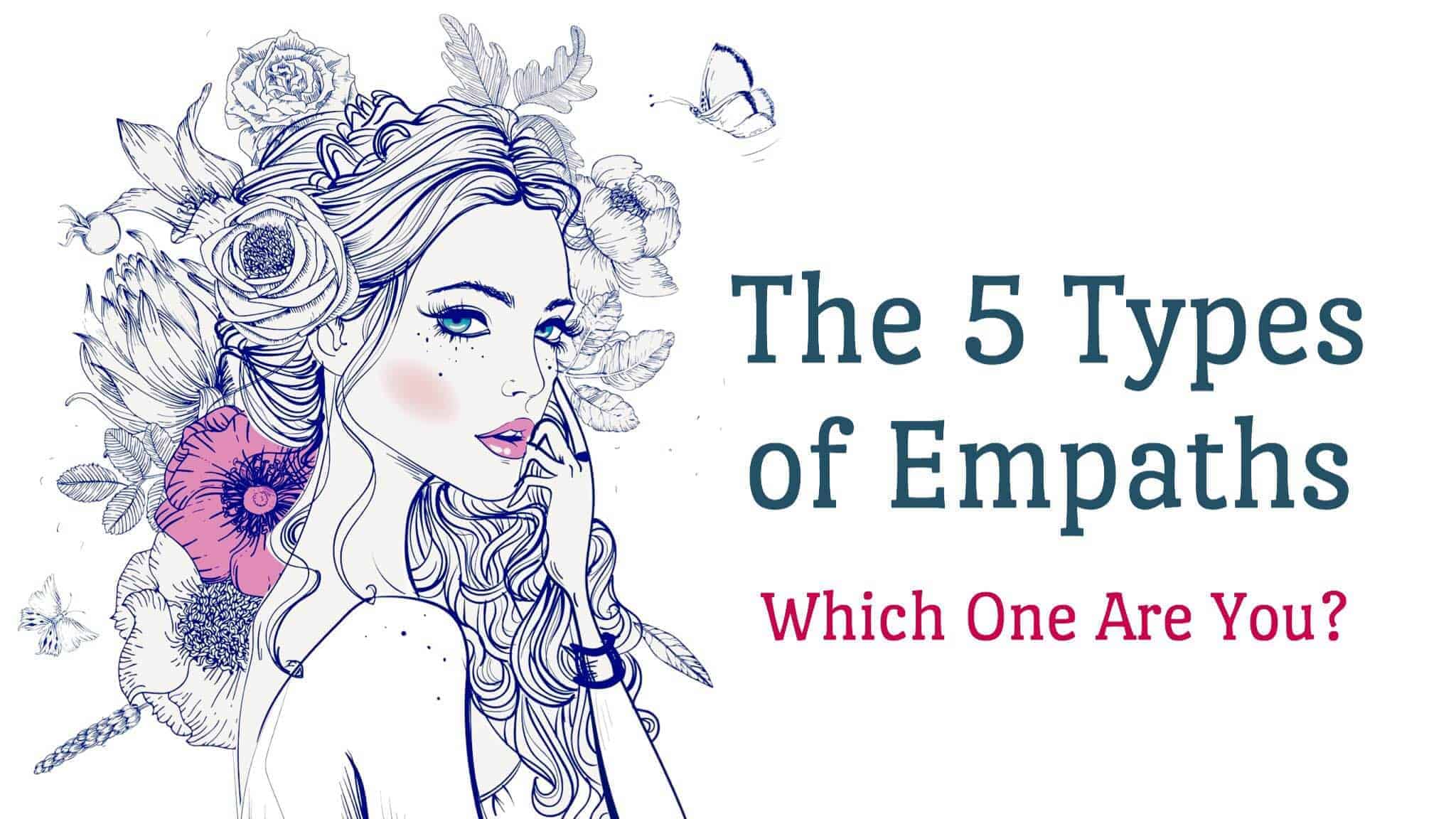Here are red flags that show he might want to end things.
Every relationship is as unique as the individuals in it. Understanding the dynamics of a relationship sometimes feels like trying to solve a complex puzzle with its own set of rules. But, there are times when certain patterns emerge, hinting at deeper issues that may not be immediately apparent. One such pattern is when a partner, in this case, a man, shows signs that he might be planning to end the relationship.
This article explores these signs, not intending to generalize or stereotype but to offer insights that might help you better understand your situation. Remembering that these signs are just potential indicators and not definitive proof of a relationship’s end is important. Our goal is to inform and support you if you face similar challenges. So, if you’re feeling uneasy about changes in your relationship or just curious about the topic, read on as we discuss these signs with empathy and understanding.
NOTE: If you want to read about the signs of a woman who wants to break up, check out our separate article.
What Are the Signs When a Man Wants to End His Relationship?
Sign 1: Emotional Withdrawal
Emotional withdrawal is one of the most telling signs that a man might consider ending a relationship. Emotional disengagement can be subtle at first, but it often becomes more noticeable over time. It might start with him being less communicative about his feelings or seeming less interested in yours. You may find that conversations that used to be deep and engaging now barely skim the surface or that he’s less responsive to emotional cues.
But why does emotional withdrawal happen? There are a myriad of reasons, and they’re often deeply personal. Sometimes, it’s a defense mechanism to protect oneself from the perceived pain of an impending breakup. For some, it could be a sign of unresolved internal conflicts or dissatisfaction that they haven’t yet voiced. It’s also possible that emotional withdrawal is a subconscious step back from the relationship, a way of creating distance before making a final decision about the future.
Understanding emotional withdrawal is crucial because it speaks to the heart of relationship health: emotional connection. When this connection starts to weaken, it’s a sign that something fundamental might change. It’s important to approach this with a blend of sensitivity and realism. While emotional withdrawal is a significant sign, it’s not an irreversible one. Communication, patience, and empathy can sometimes bridge the gap that emotional withdrawal creates. But, it’s also vital to recognize when it might signal a deeper incompatibility or a different path unfolding for both individuals in the relationship.
Sign 2: Communication Breakdown
Communication is often described as the lifeline of any relationship. It’s through sharing thoughts, feelings, and experiences that a bond deepens and grows. When communication is healthy, it fosters understanding, empathy, and connection. However, when communication breaks down, it can be a key indicator that a relationship has challenges.
Avoidance of conversation is a classic sign of a communication breakdown. This lack of discussion isn’t just about talking less. Rather, it is a noticeable decline in the quality and depth of conversations. Discussions about meaningful topics are replaced with superficial chatter or silence. When a man starts to consistently avoid conversations, particularly those about the relationship or emotional issues, it could be a signal that he is pulling back. It might mean he’s grappling with feelings or thoughts that he’s not ready or willing to share, possibly out of fear of confrontation or the consequences of being open.
Sign 3: Reluctance to Plan a Life Together
In any long-term relationship, planning for the future signifies a commitment to shared life goals and dreams. It’s saying, “I see you in my life down the line.” Therefore, it can be a red flag when one partner is reluctant or avoids making plans.
This hesitation might manifest in different ways. Perhaps he’s non-committal about future vacations or avoids discussing significant milestones, such as moving in together marriage, or long-term projects. This reluctance can be rooted in uncertainty about the relationship’s future. By not making plans, he’s keeping his options open, a sign that he might not be envisioning a long-term future with the relationship. While it’s normal for individuals to ponder their future, a persistent avoidance of future planning in a relationship context can point to deeper doubts and hesitations.
Sign 4: Reduced Physical Intimacy
The connection between physical intimacy and emotional closeness in a relationship is significant. Physical intimacy is often a barometer of the health of the emotional connection between partners. It’s more than just a physical act; it expresses emotional closeness, trust, and affection.
A noticeable decrease in physical intimacy can be a telling sign that something is amiss. It’s about a reduced frequency of intimate encounters and the quality of those moments. If a lack of passion or the intimacy feels perfunctory, it might indicate emotional distance. While fluctuations in physical intimacy are normal in any relationship, a sustained decrease can signal a deeper issue.
When a man withdraws from physical intimacy, it could be due to various reasons. It could reflect his emotional state, where he no longer feels as connected or invested in the relationship. It could also be a sign of personal issues unrelated to the relationship. In any case, a significant change in this area merits attention and, ideally, open discussion. Understanding and addressing the reasons behind a decrease in physical intimacy can be crucial in determining the health and future of the relationship.
Sign 5: Increasing Time Spent Apart
Shared time is a cornerstone of any flourishing relationship. During these shared moments, partners bond, create memories, and build their lives together. Whether it’s a cozy night in, a shared hobby, or exploring the world side by side, these experiences deepen the connection between partners. However, when one partner, particularly a man in this context, begins to spend more time away from the relationship, it can cause concern.
Increasing time spent apart can manifest in various forms. It might be longer hours at work, more outings with friends where the partner isn’t included, or even solo hobbies that consume much of his time. While independence in a relationship is healthy, a significant and sustained increase in time spent apart can be a red flag. It suggests he finds fulfillment or escape outside the relationship, indicating a disconnect or dissatisfaction within the partnership. When the time spent together becomes significantly less, or when the efforts to make time for the relationship dwindle, it’s a sign that warrants attention and a conversation about the state and future of the relationship.
Sign 6: Shift in Priorities
Mutual priorities play a significant role in harmonizing two lives in any relationship. When a relationship begins, it often becomes a central focus, with both partners prioritizing each other. However, as time progresses, a shift in these priorities can affect the stability and happiness of a relationship.
A change in personal priorities can be subtle but often noticeable. He may be putting more energy into his career, personal interests, or social life at the expense of time and energy for the relationship. These shifts might indicate that the relationship is no longer on his priority list. When a man starts to make consistent choices that place the relationship on the back burner, it could be a sign that his commitment is wavering. This reordering of priorities often leads to feelings of neglect and disconnect, affecting the relationship’s overall health.
Sign 7: Lack of Effort
Effort in a relationship is about more than grand gestures; it’s about the daily actions and choices that show care, commitment, and affection. It’s the glue that holds a relationship together through the highs and lows. This effort must be consistent and reciprocal, with both partners contributing to the relationship’s well-being.
A visible drop in effort can be a clear sign of fading interest. This decrease could manifest in different ways. Less effort is often needed to communicate, plan dates, or participate in important activities with the partner. It might also show in smaller details, like forgetting significant dates or showing little interest in the partner’s life and feelings. When a man stops trying to make things work, resolve conflicts, or make his partner feel valued and loved, it’s a strong indicator that his interest and investment in the relationship are diminishing. This lack of effort can cause a cycle of neglect and resentment, impacting the foundation of the relationship.
Sign 8: Escalation of Arguments
Conflict is an inevitable part of every relationship. What concerns me is not the presence of conflict but how it is managed. Healthy conflict can lead to growth and deeper understanding. It may also strengthen your bonds. However, when arguments escalate in frequency and intensity, it can warn both partners of underlying issues in the relationship.
Increasing arguments or criticism, especially about trivial matters, can indicate frustration or dissatisfaction. It might mean that small annoyances are no longer being overlooked or deeper issues emerge. If a man becomes more argumentative, quick to criticize, or constantly finds fault, it could suggest that he expresses his unhappiness or disconnection through these conflicts. This escalation of arguments can erode the relationship’s foundations of respect and affection, leading to a hostile and uncomfortable environment.
Sign 9: General Indifference
Enthusiasm and interest are vital in maintaining a relationship’s vibrancy. They fuel the pursuit of shared experiences, the celebration of each other’s successes, and the support in challenging times. When these elements start to wane, and indifference sets in, it’s often a subtle yet telling sign of disengagement.
Indifference might manifest as a lack of excitement about plans, disinterest in the partner’s life or feelings, or an overall lack of enthusiasm in the relationship. When a man becomes indifferent, it can feel like he’s just going through the motions without any real emotional investment. This emotional disconnection can be more hurtful than outright conflict because it suggests a lack of caring altogether, a sign that the relationship might no longer hold the significance it once did.
“When I let go of what I am, I become what I might be. When I let go of what I have, I receive what I need.” — Lao Tzu
Sign 10: Increased Secrecy
Trust and openness are necessary in all relationships. They create a safe space where partners share their emotions and experiences without fearing judgment or betrayal. However, when secrecy infiltrates this space, it can be a significant cause for concern.
Increased secrecy can manifest in various ways:
- Being vague about his whereabouts
- Being overly protective of his phone or computer
- Having unexplained absences or expenses
These behaviors can be alarming because they break the trust and transparency essential in a relationship. When a man becomes secretive, it often indicates that he is hiding something, which could be anything from personal struggles to a desire to leave the relationship. This secrecy can create a rift of mistrust and suspicion, undermining the foundation of the partnership.
Final Thoughts on Signs a Man Wants to End His Relationship
Navigating the complexities of a relationship is never easy, and recognizing the signs that a partner, particularly a man, might be planning to end the relationship can be both painful and challenging. However, open communication and mutual understanding are the keys to facing these challenges. It’s important to address concerns and feelings honestly and constructively.
If you see these signs in your relationship, it may be beneficial to find professional help. A counselor or therapist can provide resources and support as you work through your emotions. Every relationship journey is unique; sometimes, the path to happiness involves tough decisions and honest introspection. So stay empowered, and know that you have the strength and wisdom to make the best choices for your life.



















